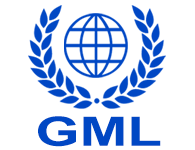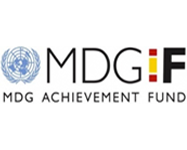

While an increasing number of Africans are enjoying higher living standards, countries in Sub-Saharan Africa should redouble efforts to ensure crises such as the current Ebola outbreak in West Africa do not reverse development achievements, says the latest MDG report on Africa.
Africa’s poverty rates have continued to decline, despite the adverse effects of the recent food, fuel, and global economic crisis, says “Assessing Progress towards the Millennium Development Goals (MDGs) in Africa”, produced annually by the African Development Bank (AfDB), the Economic Commission for Africa (ECA), the African Union Commission (AUC) and the United Nations Development Programme (UNDP).
However, conflict, political instability and natural or man-made disasters threaten to unravel the progress made on the MDGs, the eight internationally-agreed targets to reduce poverty, hunger, maternal and child deaths, disease, gender inequality and environmental degradation by 2015.
“Even after societies recuperate, the potential for development remains impaired long after the crises are over, as human capital is depleted and institutions are weakened,” say the authors of the report. The current Ebola crisis in West Africa, a region that was experiencing significant growth and development progress, is threatening to set back affected and surrounding countries by several years.
Highlights
- About 37 countries were implementing cash transfers, public works programmes or insurance schemes in 2013, up from 21 three years earlier
- Stronger partnerships and domestic financing, with strong support from the private sector, are key to furthering improvements in living standards.
- Maternal and child mortality have declined by 47 and 44 percent respectively.
- Over the 1995–2012 period, Africa has made considerable improvements on health-related MDGs.
- The Common African Position on the Post-2015 Development Agenda recognizes the importance of economic transformation and other key drivers of progress










